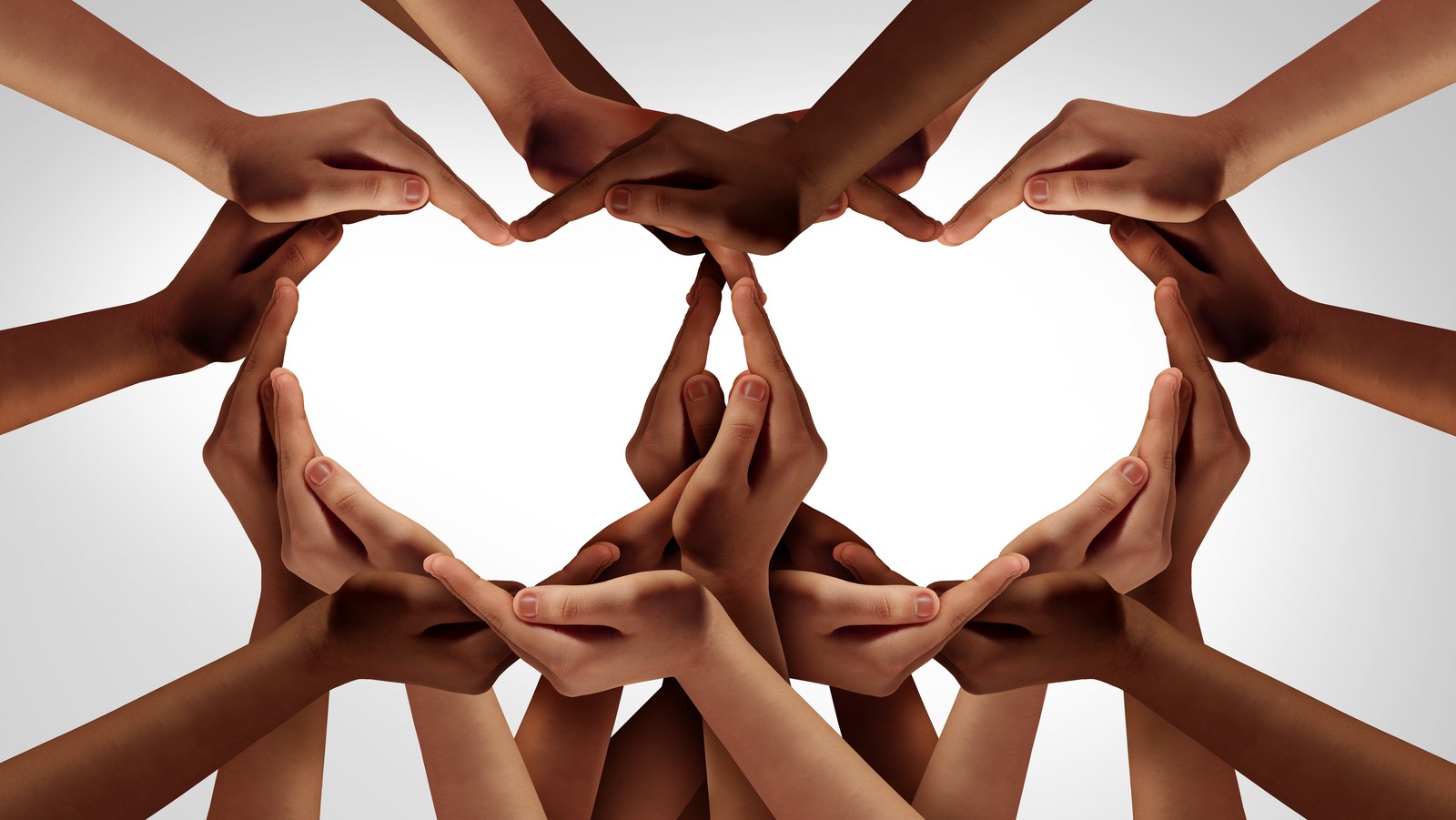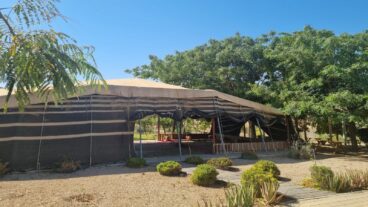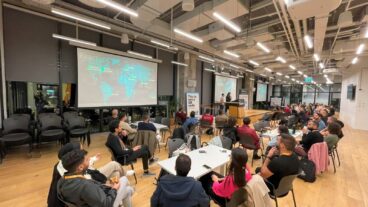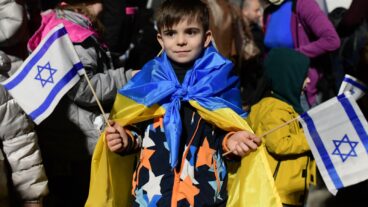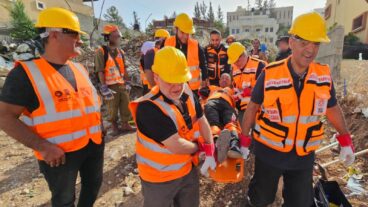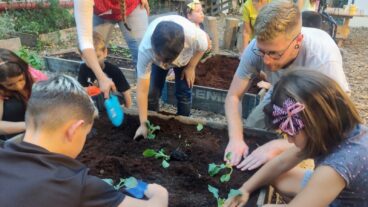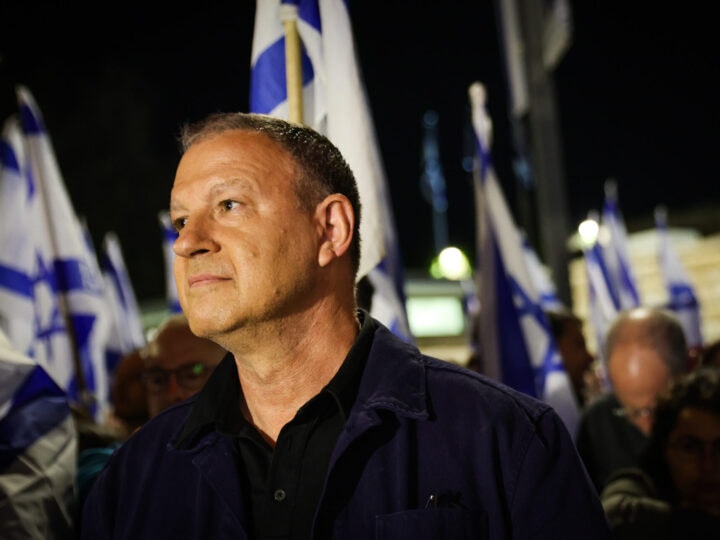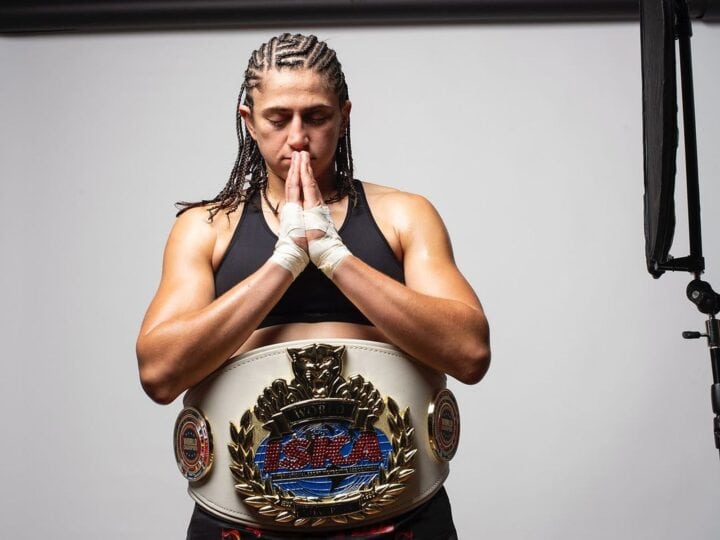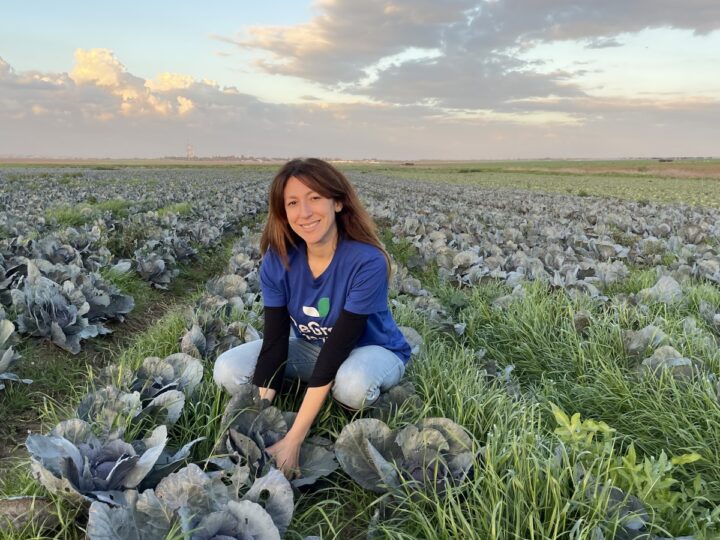Every population around the world has a set of stereotypes and preconceptions. Whether you’ve only read about a place in the news, or you’ve engaged with a certain small subset of people, you’ve probably experienced a limited perception of the groups around you. Until you actually observe, meet and talk with individuals, you’ll never truly know what their stories are and what their lives are like. After spending some time in Israel, I, myself, learned that the stereotypes I believed could be challenged. And I’m glad I had the exposure I did, so that I can learn from others and tell their stories to you!
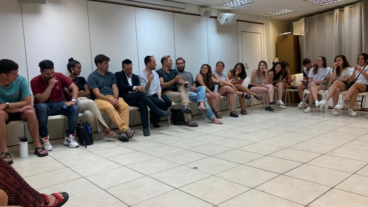
They told us we were going to “meet the Israelis.” I expected to see the nice old woman who needed help with her groceries as I walked home to my grandmother’s apartment or the Israeli soldier who has only positive things to say about his country. As I walked into a room with about one hundred other teenagers like me, what else was there to expect? Instead, I really got to meet the Israelis.
I was introduced first to an ultra-Orthodox Jewish man. I had realized at that moment that although I had been to Jewish events with ultra-Orthodox attendees many times, the man in front of me was covered head to toe in religious garb while I was sitting in shorts and spaghetti straps. As he talked to us, I realized how unique this opportunity was. In one room, I could see an ultra-Orthodox man, a leftwing activist, a West Bank settler, an Ethiopian woman, a commander of the Israeli Defense Forces (IDF) and an Arab Christian. Even more surprising, I was sitting next to these people having real conversations about what it means to live as an Israeli with their respective identities. Though not everyone had positive things to say about their experiences, I felt that I was witnessing something few could really claim to encounter in their lifetimes – unmitigated discourse with people from all different backgrounds and identities coming together to discuss what life is like in a country that encompasses so many different kinds of people.
From the Ultra-Orthodox man, I learned that judging love based on Western conceptions of what a marriage should look like, even if I did not personally agree with their practices, was an oversimplified critique of Ultra-Orthodox life. From the left-wing activist, I learned that there are Israelis fighting every day for more coexistence in the State of Israel, even if it means sacrificing their own land, country and even livelihood. From the West Bank settler, I learned that there are Jews from around the world who will sacrifice everything to live in their ancestral homeland, even as the politics of this choice continue to plague the existence on both sides. From the Ethiopian woman, I discovered that though racism may provide challenges to daily life for Ethiopian Israelis, their love for the country and the unparalleled opportunities they have received make Israel their ideal home. From the IDF commander, I learned that the army was a place where all Israelis, regardless of identity and ideology, come together as a single people to fight for the only place they know as home. From the Arab Christian, I learned that most people just want peace and acceptance.
Though I do not think I entirely agreed with any of the individual Israelis I spoke to, the experience also taught me that disagreeing was okay. As we rejoined into a large group, one collective body of people joined by our love and ridicule of Israel, the Ultra-Orthodox man hugged the leftwing activist even though they knew that they could not agree on even one question asked of them. There was something beautiful in watching people from such different backgrounds – one from a secular community in Haifa and one from a religious community in Jerusalem – and different lifestyles – one protesting for Palestinian Rights on the weekends and one who had never used the internet – come together and coexist peacefully. As more and more people move to Israel from places like India, Ethiopia, the United States and Europe, these moments of cohesiveness in the face of an increasingly diverse population allow Israel to prosper as a multicultural society. I learned from this experience that there is no one face of an Israeli; it is the diversity of faces, and voices, that makes the country the prosperous home to so many that it is today.
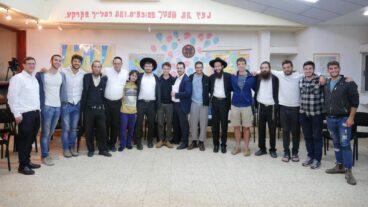
Check out these other stories of the many people that make up Israel! See how a country can prioritize diversity and inclusion, even as they struggle to accommodate all of the different lifestyles, practices and ideologies of the people that make up their country! Through these stories, you too can meet the Israelis!
- Encounters that fight bias among Israeli Jewish and Arab kids
- Religious and secular Israeli teens find common ground
- 235 members of a lost tribe of Israel come home
Groundbreaking Israel content is developed by ISRAEL21c’s Digital Ambassadors.
Ariella Mitchell is a sophomore in the joint program between the Jewish Theological Seminary and Columbia University studying Jewish Ethics and American Studies with a concentration in Business Management.




